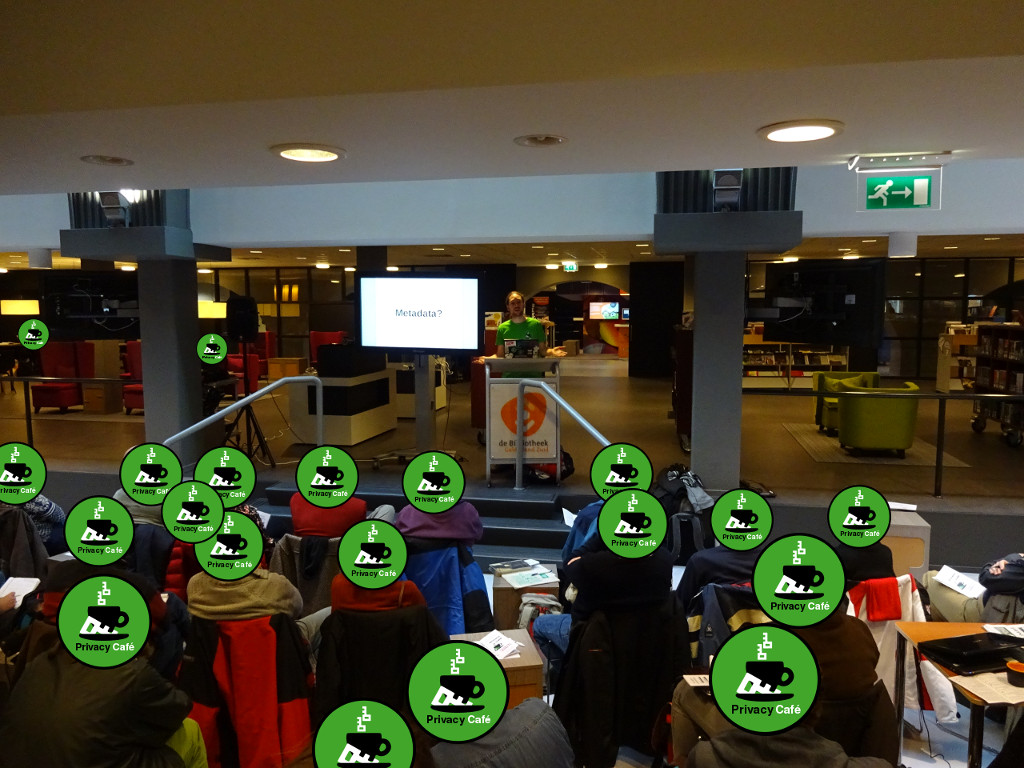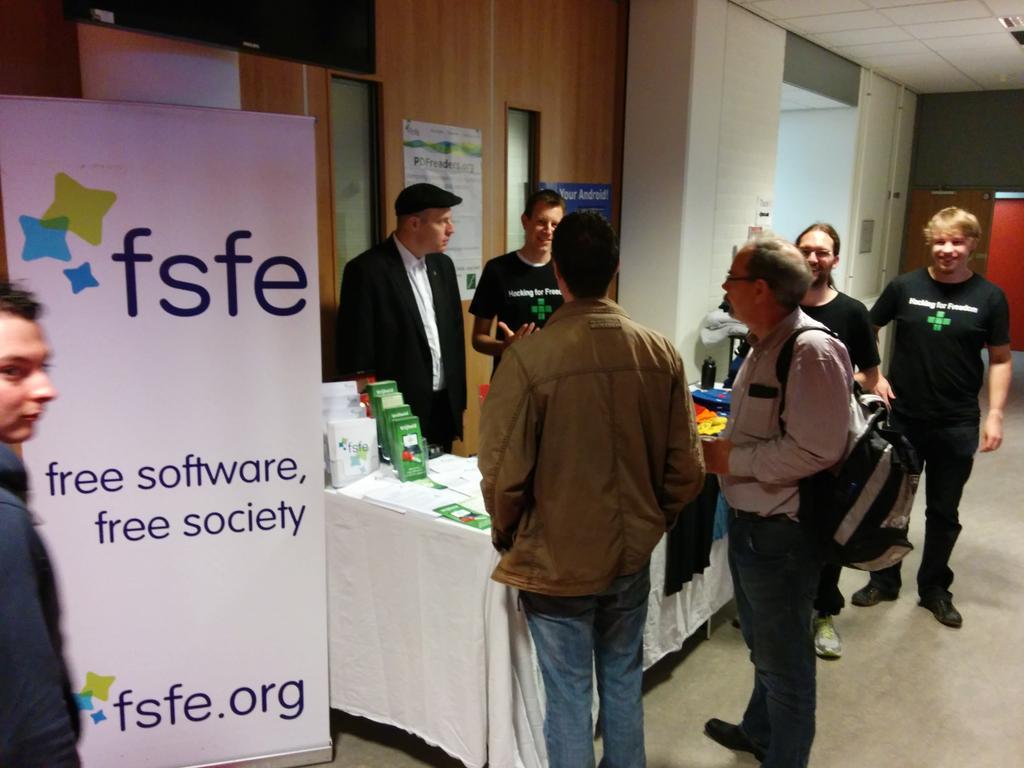I recently gave a talk at T-DOSE, where I also helped out at the FSFE booth and the Privacy Café.
The slides are on github and you can watch the talk on youtube.
The abstract:
The “Internet of Things” is around the corner. What does this mean for us as software developers? And what are the dangers and opportunities when it comes to Freedom, Privacy and Security?
We live in interesting times. The time that a “computer” was a room full of electronics, or even a beige box on a desk is behind us. Computers are everywhere. And there will soon be even more of them, in even more places.
The IoT provides us with wonderful opportunities to remotely monitor, manage and automate. And we as a software development community are the ones building it.
But security is too often an afterthought (if that). Now that the IoT is around the corner, security is not just something that impacts those beige boxes on our desks — or the smartphones we carry around — but also the medical devices that monitor our health and keep us alive, the automobiles we drive, the electronics that monitor our homes, and the public infrastructure we depend on. It now impacts public safety, human life, privacy, freedom and democracy.
Who is responsible for making sure the systems and devices that make up the IoT are under the control of their users? Whether we like it or not, the responsibility for ensuring freedom, privacy, security, and (digital) civil rights rest on our shoulders. So instead of asking ourselves (as we usually do) “can we do this?”, we should ask ourselves “should we do this?
We need development practices that take security into account. We need to build systems that are secure from the ground up. And we need Free Software to make sure that the answer to “who controls our computers?” — including the IoT — is “the users”.
But we also need relevant authorities to ensure policies and laws mandate privacy and security and ensure open standards. And we need public awareness of the impact of the IoT on — and the importance of — privacy and security.
The IoT is on its way. It’s up to us to build it right. And to have lots of fun along the way.
– Felix

